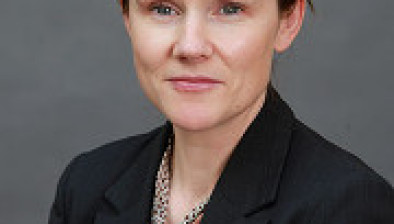Report calls for crackdown on LGBT+ discrimination in direct provision

Roderic O'Gorman
Urgent action must be taken to protect LGBT+ asylum seekers living in direct provision, a new report has recommended.
Ministers commissioned LGBT Ireland last September to produce a report on how to ensure that LGBT+ residents in international protection accommodation are supported and treated sensitively.
The researchers conducted focus groups with LGBTI+ people who are living in IPAS-provided accommodation, and policy recommendations include:
- House Rules must be updated as a matter of urgency to include explicit statements that discrimination and harassment of LGBTI+ individuals are not accepted;
- trauma-informed training for accommodation centre staff and management, as well as IPAS officials, must be provided;
- training on issues pertaining to the LGBTI+ community must be provided to accommodation centre staff and management; and
- opportunities that would foster solidarity between LGBTI+ residents must be facilitated.
The 56-page report also calls for the urgent provision of own-door accommodation to LGBT+ asylum seekers, and proposes a mechanism similar to that in place for Ukrainian refugees which would allow LGBT+ asylum seekers to be accommodated with a host family or in a safe house.
Equality minister Roderic O’Gorman said: “This report is an important piece of research which provides recommendations on how we can enhance support for LGBTI+ people living in International Protection Accommodation Services (IPAS) accommodation.
“Government recognises that LGBTI+ international protection applicants need support and measures in place to allow them to feel recognised, protected and safe.
“While our focus remains on providing accommodation to increased numbers seeking international protection, this report highlights how it is also imperative that we ensure that accommodation is safe and welcoming and that all staff and residents are aware that discrimination against LGBTI+ residents is not tolerated.
“The report outlines the detail of the lived experiences of some of our LGBTI+ residents and I would like to thank them for sharing these with us. The results of this research provide very valuable input to my Department’s policy in this area.”










